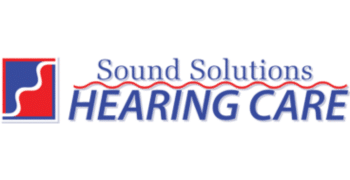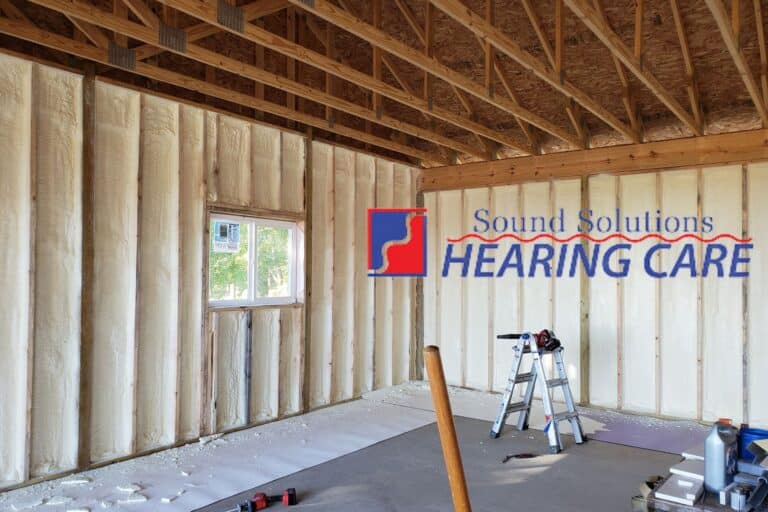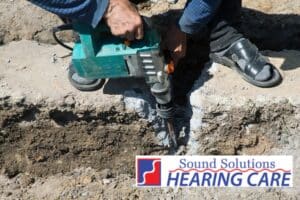Hearing is an integral part of our everyday lives, facilitating effective communication and interaction with the world around us. As we age, the potential for hearing loss becomes more prominent. Those still in the working population, particularly in noisy environments, can further be at risk. In this post, we will navigate through the risks of hearing loss at work and underline practical steps that you can take to protect your hearing.
Understanding the Importance of Ear Safety
Approximately 22 million workers are exposed to hazardous noise levels at work, and Noise-Induced Hearing Loss (NIHL) is one of the most common occupational diseases. Age combined with continuous noise exposure, can create an even higher risk of hearing impairment. Ears don’t retire: maintaining your hearing health is just as crucial in your 60s and beyond, as it was earlier in life.
Types of Occupations that Pose Hearing Dangers
Noisy industries such as construction, manufacturing, and transportation have been consistently linked to high instances of NIHL. Yet, even professions such as teaching, where classrooms brim with constant chatter and noise, can pose risks. Occupations aside, it is worth noting that any workplace sound levels over 85 decibels are considered damaging by most safety regulations.
Understanding Noise-Induced Hearing Loss
Prolonged exposure to loud noises can deteriorate the delicate structures within our ears, leading to hearing loss or even tinnitus, a distressing ringing or buzzing in the ears. NIHL accounts for 16% of the disabling hearing loss in adults worldwide – a consequence with far-reaching implications for productivity and quality of life.
Key Preventive Measures
Regular hearing assessments, just like annual physical checkups, are a must to gauge any potential hearing decline. Don various types of hearing protection gear–earplugs, earmuffs, which can substantially reduce noise levels. Maintaining a safe distance from noise sources, keeping volumes in moderation, and quiet practices like periodic silent breaks can do wonders. Lastly, employers should endeavor to provide the necessary safety equipment and adhere to noise regulations.
Emphasize the Role of Audiologists
Audiologists are healthcare professionals trained to diagnose, manage, and treat hearing or balance problems. From providing personalized hearing protection solutions to guiding businesses in implementing effective hearing conservation programs, their expertise can be valuable in safeguarding your hearing health at work.
The lesser-heard story of workplace safety roots for protecting your most vital communication asset–your hearing. As we have discussed, no workplace is entirely immune from posing hearing risks, but there exists an arsenal of preventive measures at your disposal. Rely on your hearing care professionals as trusted allies, and you can continue to stay engaged, productive and most importantly, heard. Take that first action step today–schedule an appointment with our team at Sound Solutions Hearing Care. We are committed to helping you hear the world in all its fullness.



